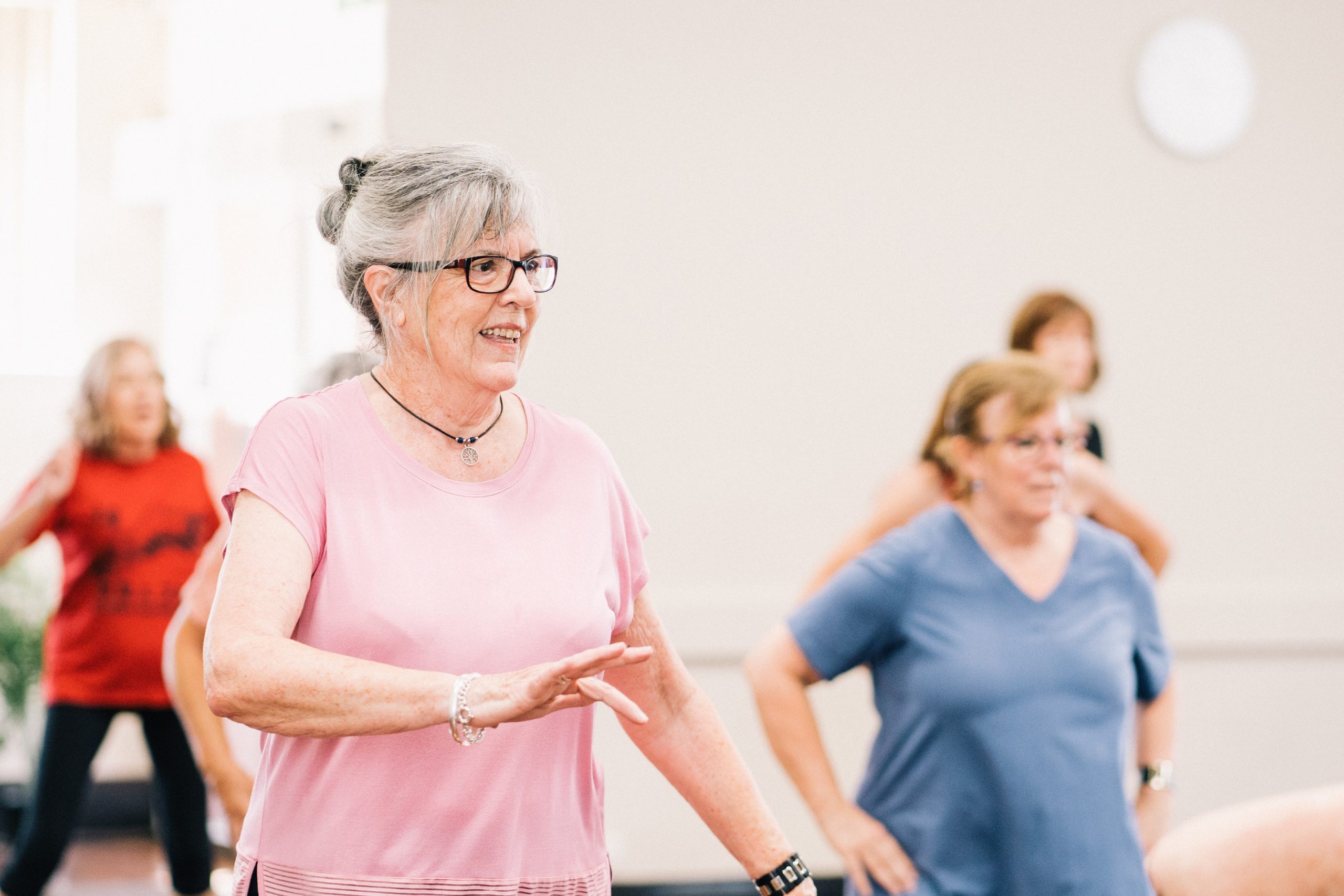Maintaining Quality of Life in Alzheimer’s Care: Engaging Activities and Hobbies

The image is not directly related to the article. It merely symbolizes the life of elderly people.
Question: What are some engaging activities and hobbies that can help maintain the quality of life for individuals with Alzheimer’s?
Answer: Engaging activities and hobbies can greatly enhance the quality of life for individuals with Alzheimer’s. Some examples include:
- Art and craft activities: Painting, drawing, and collage making can stimulate creativity and provide a sense of accomplishment.
- Music therapy: Listening to familiar songs or playing musical instruments can evoke memories and emotions.
- Gardening: Taking care of plants and flowers can promote a sense of purpose and connection with nature.
- Puzzles and games: Solving puzzles, playing card games, or engaging in board games can help improve cognitive function and social interaction.
- Reminiscing activities: Looking through old photo albums, sharing stories, or watching family videos can bring back cherished memories and encourage communication.
- Physical exercise: Engaging in gentle exercises like walking, stretching, or yoga can improve overall well-being and maintain mobility.
Question: How can engaging activities and hobbies benefit individuals with Alzheimer’s?
Answer: Engaging activities and hobbies offer several benefits for individuals with Alzheimer’s:
- Mental stimulation: Activities that challenge the mind can help maintain cognitive function and slow down the progression of Alzheimer’s.
- Emotional well-being: Engaging in enjoyable activities can boost mood, reduce anxiety, and provide a sense of purpose and accomplishment.
- Social interaction: Participating in group activities or hobbies that involve others can foster social connections and combat feelings of isolation.
- Improved communication: Engaging in meaningful activities can facilitate communication and help individuals with Alzheimer’s express themselves.
- Reduced behavioral issues: Providing stimulating activities can reduce restlessness, agitation, and other behavioral symptoms associated with Alzheimer’s.
- Enhanced overall quality of life: Engaging activities and hobbies can promote a sense of normalcy, independence, and joy in the lives of individuals with Alzheimer’s.
Question: How can caregivers incorporate engaging activities and hobbies into Alzheimer’s care?
Answer: Caregivers can play a crucial role in incorporating engaging activities and hobbies into Alzheimer’s care. Here are some tips:
- Understand personal interests: Identify the individual’s past hobbies and interests to tailor activities accordingly.
- Focus on strengths: Choose activities that align with the individual’s remaining abilities and provide a sense of accomplishment.
- Maintain a routine: Incorporate activities into a daily or weekly schedule to establish a sense of structure and familiarity.
- Provide assistance and guidance: Offer support and guidance as needed, adapting activities to the individual’s capabilities.
- Encourage social engagement: Arrange group activities or involve family members and friends to promote social interaction.
- Be flexible and patient: Recognize that engagement levels may vary and adjust activities accordingly. Patience is key.
Question: Are there any specific activities to avoid for individuals with Alzheimer’s?
Answer: While engaging activities are generally beneficial, it’s important to consider the individual’s capabilities and preferences. Avoid activities that may cause frustration, stress, or confusion. Some activities to approach with caution or avoid include:
- Complex or challenging tasks that may overwhelm the individual.
- Activities that require a high level of concentration or memory recall.
- Activities that involve sharp objects, dangerous tools, or potential hazards.
- Competitive games that may lead to frustration or agitation.
- Activities that require complex decision-making or multitasking.
- Activities that may trigger negative emotions or distressing memories.
It’s important to adapt and modify activities based on the individual’s changing needs and abilities.
Question: How can family members and caregivers find suitable activities and hobbies for individuals with Alzheimer’s?
Answer: Finding suitable activities and hobbies for individuals with Alzheimer’s requires understanding their interests, abilities, and stage of the disease. Here are some strategies:
- Talk to the individual: Engage in conversations to learn about their past hobbies, interests, and preferences.
- Observe and experiment: Pay attention to what activities bring joy, engagement, and a sense of accomplishment.
- Consult healthcare professionals: Seek advice from healthcare providers or Alzheimer’s support groups for activity recommendations.
- Utilize online resources: Explore websites, books, and articles that provide ideas and guidelines for Alzheimer’s activities.
- Join support groups: Connect with other caregivers and share experiences and suggestions for engaging activities.
- Trial and error: Be open to trying different activities and adapting them based on the individual’s response and enjoyment.
The image is not directly related to the article. It merely symbolizes the life of elderly people. Question: What are some engaging activities and hobbies that can help maintain the quality of life for individuals with Alzheimer’s? Answer: Engaging activities and hobbies can greatly enhance the quality of life for individuals with Alzheimer’s. Some examples…
Recent Posts
- Empowering Caregivers: The Best Online and Offline Resources to Enhance Your Skills
- Traveling with a Purpose: The Rise of Volunteer Vacations
- Breaking Stigma: Dispelling Myths about Mobility Aids and Disability
- Avoiding Probate: How Trusts Can Simplify the Estate Settlement Process
- Senior Citizens Beware: Common Financial Scams and How to Stay Protected

